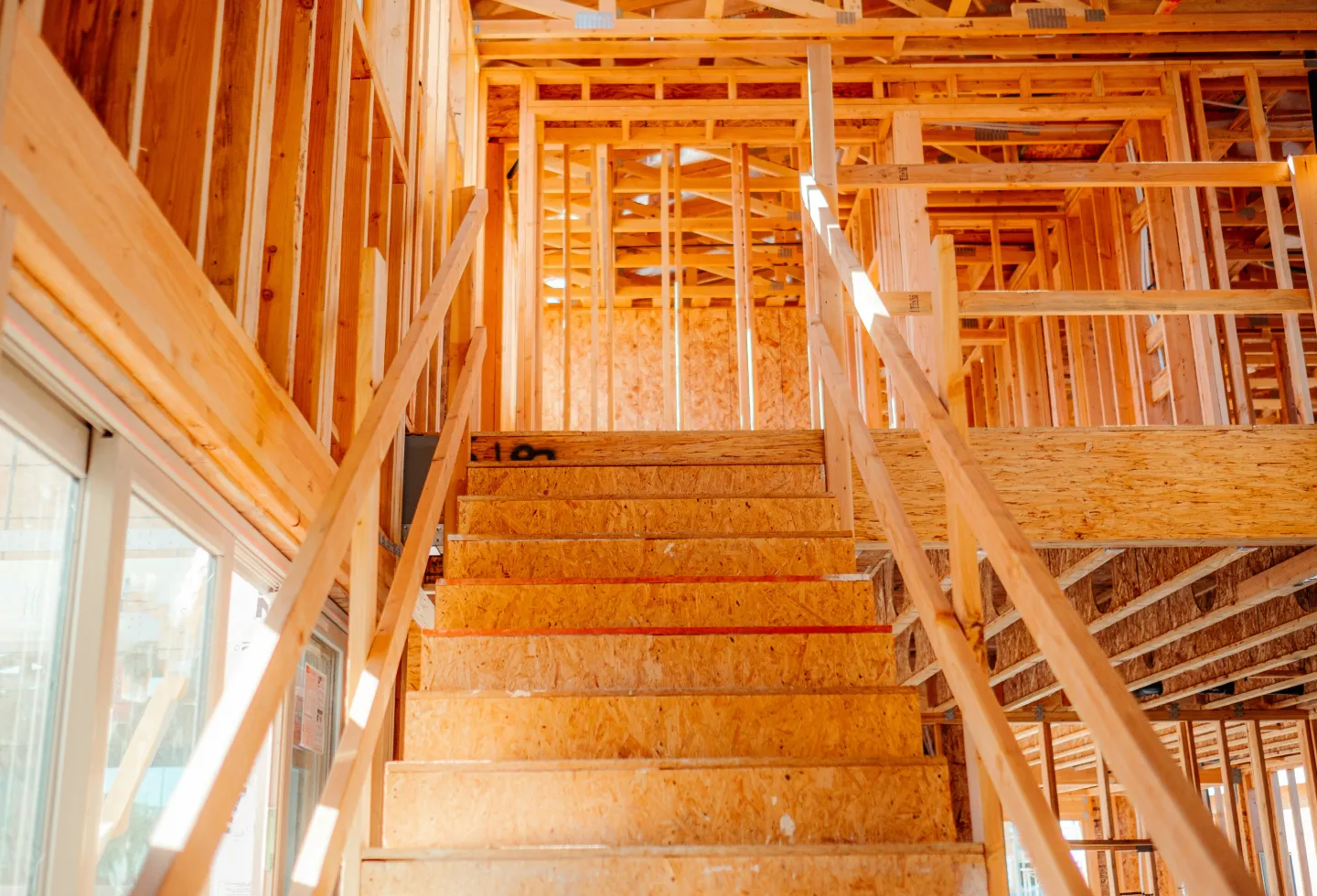Liens spell trouble for homeowners, prospective buyers, and real estate investors alike — from causing delays in the selling process to jeopardizing a buyer's ability to finance. While they can be a legal pain of homeownership, uncovering liens on a property is rather straightforward — and by doing so early on, you can proactively address any issues.
In this post, we'll explore how to find liens on a property and strategies for resolution.
Liens: An overview
A lien is a legal claim against a property. If a lender or business places a lien on the home, it means a debt is owed.
There are several types of liens, but the primary ones are:
- Mortgage lien: A lien on the property that secures debt using the home as collateral.
- Tax lien: A lien that’s added due to unpaid taxes.
- Judgment lien: A lien imposed when a court orders a property owner to pay a debt.
- Mechanical or contractor lien: A lien placed when contractors or suppliers are not paid for work or materials provided on the homeowner’s property.
How to find liens on a property
While researching the address online can be a good starting point, not every lien will show up in a simple online search. Therefore, to find liens on a property, it's best to:
- Check local government records: You can enlist the help of your county recorder, county assessor, or local courthouse for a lien search. Requests can be submitted in person, by mail, or by accessing public records online. If you want a copy of the property title, you'll have to pay a small fee.
- Work with a title company: You can hire a title search company to find liens on a property. This is a more expensive option, but it's the best if you're looking for a thorough title search that doesn't require much effort from you.
The impact of outstanding liens
Impact on homeowners:
- Selling the property: Selling a house with a lien is not impossible, but it can seriously muddy up the process. In most cases, you have to contact the lienholder to get started. You'll likely be on the hook for the debt, meaning you must share a portion of the sale proceeds. Additionally, you'll want to disclose the lien to potential buyers, which can deter or delay a sale.
- Equity financing: Home equity is a great source of financial flexibility. However, liens can limit your ability to tap into your equity and affect how much you can borrow. Most lenders have strict criteria requiring you to pay off or resolve any liens before qualifying.
- Foreclosure risk: The most severe consequence of an unresolved lien is the potential to lose your home. Depending on the type of lien, the lienholder can initiate foreclosure proceedings.
Impact on homebuyers:
- Title insurance: A critical way to safeguard yourself when buying a home is with title insurance, which protects you against losses due to title defects. Before you obtain coverage, the insurer will expect the property to be free of liens.
- Ability to buy: If you're financing to buy a house, a lien could put you in a tough spot. Lenders typically require liens to be resolved before finalizing a mortgage or loan.
- Inherited debt: In the worst-case scenario, you buy a home in cash and default on title insurance. In this situation, you're a homeowner who's inherited a lien and assumed the debt, leading to new hurdles — see above!
How to resolve liens on a property
For homeowners
- Dispute them: You can contest the lien in court if you believe it's unjustified or invalid. A judge may rule on your behalf and declare the lien null and void.
- Pay them off: Settling the debt is the most straightforward way to remove a legitimate lien. If you don't have enough saved, consider leveraging any assets you own. For example, if your home is in foreclosure due to a lien, you may qualify for a 401(k) hardship withdrawal. Or, if you have a large amount of equity, you can use a financing tool like a home equity investment to pay off the balance without taking on monthly payments.
- Prove you've paid: Sometimes, records aren't updated despite paying off the debt. By providing documents, like a lien release, you can offer proof that you don't owe money and the debt has been settled, prompting a removal.
- Wait: Certain types of liens, like a mortgage lien, only become due when you sell or refinance the home. While it's not an ideal solution, you can always leave the estate to handle the payoff. It's best to talk to a financial or estate advisor to weigh the risks and drawbacks before doing so.
For homebuyers
- Negotiate with the seller: It can be difficult to leave behind the home of your dreams. If your perfect property has a lien, consider working with the seller to resolve the issue. You can ask them to pay off the lien or make a price adjustment on the home to account for it.
- File a title insurance claim: If a lien somehow went unnoticed during the buying process, you can submit a claim to your title insurance. They'll work to address any issues that arise after the purchase.

The bottom line
If you suspect or have found a lien on a house, don't fret—you have options for clearing the title. As a homeowner, it's best to connect with the lienholder for more information and to find a resolution. Alternatively, if you're a prospective buyer, be sure to conduct a thorough property lien search and negotiate with a seller before purchasing.
No income? No problem. Get a home equity solution that works for more people.
Prequalify in 60 seconds with no need for perfect credit.
Show me my offer
Frequently asked questions
.png)
Thank you for subscribing!
.webp)















